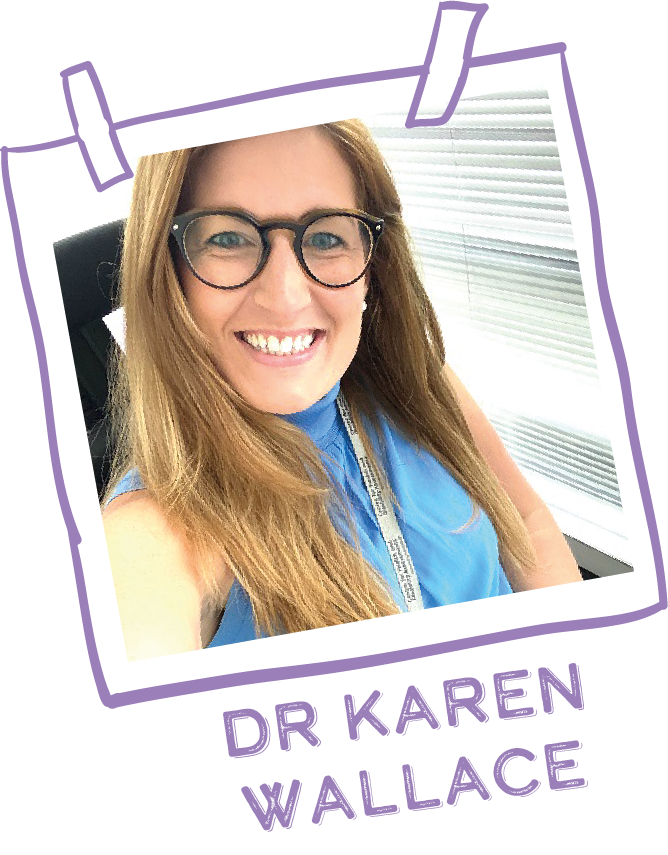What is disability medicine? Who are the doctors in disability medicine? What do they do? These were questions I asked before embarking on a career as a disability analyst. After 4 years working in this job I can now share some of my experiences and what I have learnt.
Disability assessment medicine is the specialty concerned with the medical assessment of individuals in order to provide objective medical advice to decision makers. It is a combination of occupational medicine, social medicine and social security medicine. We are also known as functional assessors and carry out a variety of assessments including those for work capability, vaccination damage, industrial injury benefits and war pensions.
The work has allowed me to use my clinical knowledge in a very different way and view these conditions through a functional lens. My background is in general practice, but our doctors come from a variety of backgrounds with broad-based medical experience. We work closely with other healthcare professionals including physiotherapists, nurses and occupational therapists. Some of our doctors, like me, have been sponsored through the Diploma of Occupational Medicine. This has helped my learning and I have become an active member of the Society of Occupational Medicine.
My days as a disability analyst are varied as are the clients I assess.
Outside my role and the company for whom I work, there are other roles within disability medicine. These include DVLA doctors (advising on licensing and fitness to drive), Veterans Agency doctors (assessing veterans’ injuries), insurance doctors and personal independence payment advisors. All these roles have in common the provision of medical advice where there is a question of entitlement to a disability benefit, whether within the private or public sector.
My days as a disability analyst are varied as are the clients I assess. I assess clients applying for benefits including universal credit and employment support allowance. Clients may have a wide range of conditions including genetic, neurological, psychiatric, musculoskeletal, and many other problems. Assessments are carried out face-to-face, on the telephone and more recently using online video platforms. Our assessments last approximately an hour. This time enables us to more fully assess disabilities and their impact.
I find the work interesting and there are opportunities to discuss cases with colleagues and to learn from each other.
I have the opportunity to improve my skills and review the medical evidence from specialists and GPs. After the assessment I write up a report and forward this within the Department of Work and Pensions for further consideration and a decision on the outcome of the client’s application for benefit. I am trained in veteran’s medicine and assessment for Industrial Injuries Benefit. This training enables assessment of a variety of conditions or injuries related to the individual’s workplace.
I find the work interesting and there are opportunities to discuss cases with colleagues and to learn from each other. I get the opportunity to train other healthcare professionals and take part in peer appraisal. The work is within normal hours and this helps achievement of a good work-life balance. The job offers variety and good levels of job satisfaction.
The work has allowed me to use my clinical knowledge in a very different way and view these conditions through a functional lens.


